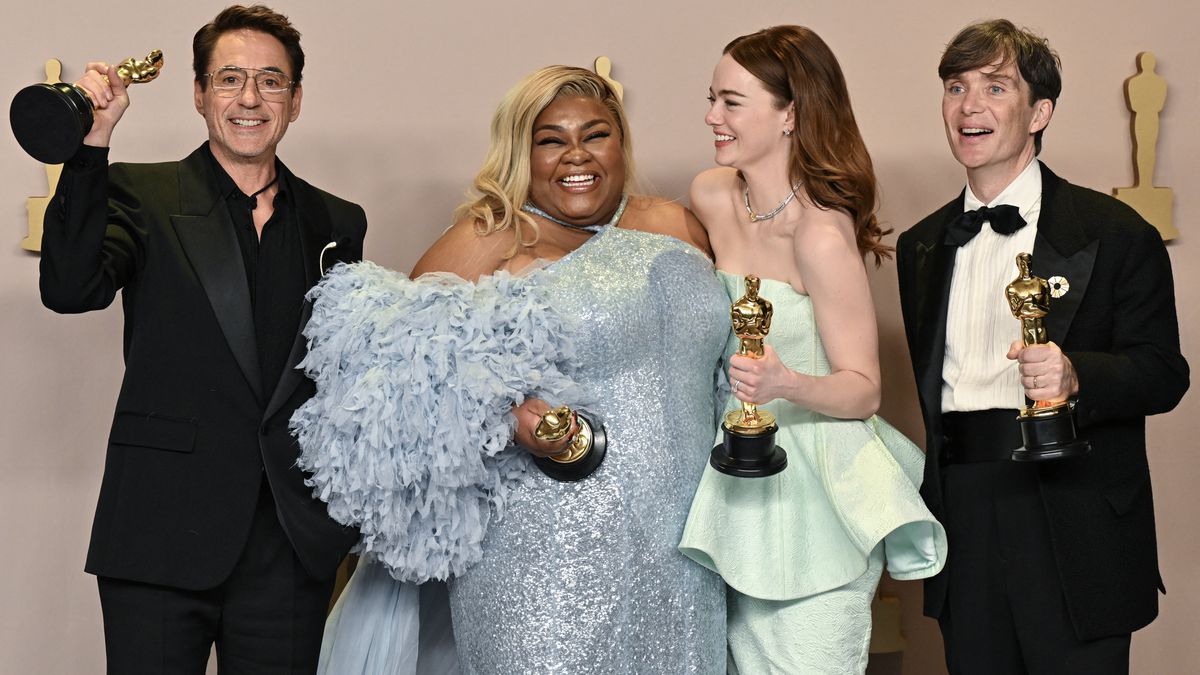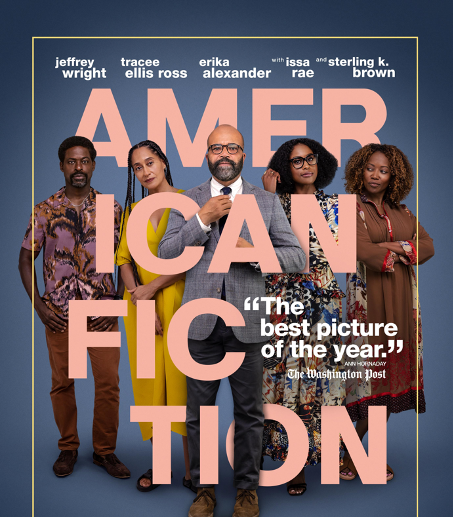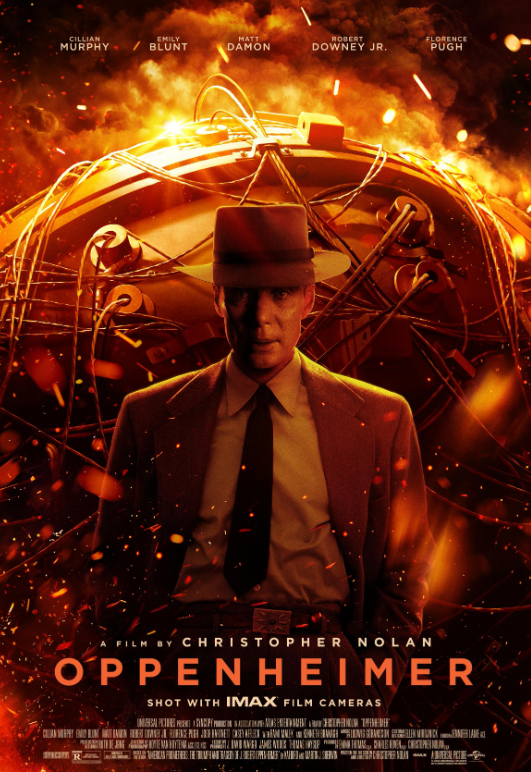
Winning the Triple Crown (finishing first at the Kentucky Derby, The Preakness and the Belmont Stakes) is a feat that is both fantastic and unique as no other sport has an accomplishment on nearly the same level. Bill Russell won 11 NBA championships, Wilt Chamberlain scored 100 points in a game, Joe Dimaggio got a hit in 56 consecutive games, and Secretariat won The Triple Crown, an achievement that had not happened in 25 years, and has only happened twice since.
Almost as central as the story of Secretariat is that of his owner, Penny Chenery (played by Diane Lane), who the movie follows almost more than the horse. “Secretariat” opens with Penny, a 1970s housewife in Colorado, being called home to her rich father’s stable in Virginia to attend her mother’s funeral. Upon returning home, Penny realizes that after her mother’s death, her ailing father’s interests are at risk and she decides to take more of an involvement in her family’s affairs. This puts a strain on her relationship with her husband and children, and supplies the movie with its only non-racing drama.
In a moment of rushed character development, Penny fires the stable’s trainer immediately upon arrival. Appointing herself head honcho of the farm after only one day, she looks through the records to discover a strange deal with millionaire horse owner Ogden Phipps (played by James Cromwell). It turns out that Penny’s father had planned with Phipps that two of his horses would be sired by Bold Ruler (Phipps’ horse) and a coin toss would decide who got which foal. Long story short, Penny loses the coin toss, and in true Disney fashion ends up with the horse no one wanted, but would end up as a great winner.
Penny seeks out the famous and flamboyant trainer Lucien Laurin, a typical John Malkovich character, to train Secretariat and make him into a winner. After losing some races, (not by much, this is a Disney film after all) and going through a few jockeys, the motley crew of Penny, Laurin and Secretariat finally start winning.
After an expected montage of training, Secretariat beats Sham, the favorite, in the Kentucky Derby, even though he was branded as a horse made only for speed and not distance. (The races of The Triple Crown are some of the longest in Thoroughbred racing.) He then goes on to beat Sham again in the Preakness and also wins the Belmont Stakes by an unheard of 31 lengths. To get an idea, winning a race like the Belmont by such a huge margin is like hitting a home run 650 feet or finishing a marathon in an hour and a half – it just doesn’t happen.
Make no mistake, if a deep analysis of the world of horse racing and the story of Secretariat is what you desire, you should expect to leave the theater wanting more. As we can not forget, this is a Disney movie. Prepare yourself for feel good scenes of triumph and reward delivered to you in predictable PG glory.
The story of Secretariat and Penny Chenery is a great one of a woman infiltrating a male’s sport and a horse that did the impossible, and Disney and director Randall Wallace serve only to playfully embellish this greatness. Lines full of “doing what you believe,” and, “never giving up,” litter the film and more than a few scenes beg for an eye roll. The overload of stereotypical Disney fluff in the film makes the viewer wonder, “Is this how it really happened?”
“Secretariat” is not a documentary, nor does it pretend to be one. However, the portrayal of some of the races is extremely accurate, especially that of the Belmont. (The race sequences are shot from the jockey’s perspective, which makes for a neat effect.) For lovers of horse racing, “Secretariat” as a shallow testament to that love, and for those not familiar with the sport, it paints a picture of the heart-pounding excitement it can produce. All in all, “Secretariat” is a happy depiction of a happy story and makes you wish you were standing at the rail singing “My Old Kentucky Home.”
Nick Lyons can be reached at [email protected].







Alicia • Oct 12, 2010 at 12:08 am
Disney needs to decide if it is making fairy tales or history. To make history into a fairy tale in which a trainer lights newspaper afire, drops it in a can in the barn and walks away gives a poor message about barn safety, much less common sense. Behavior like that could have killed the barn full of horses.
In an animated film, we all know it is fiction and we can accept dumb things like setting a fire in a barn and walking away. It is artistic license. However, using historical characters and showing unsafe fictionalization – an action that would get a trainer fired and permanently banned from the profession – is not artistic license. It is irresponsibility.
Speaking of history, I see no reason to dumb down history for our youth by leaving out huge details like protagonist Penny Chenney’s successes in the year preceeding Secretariat with her Horse of the Year, Riva Ridge.
A more honest and just as compelling story would have shown stablemate Riva Ridge’s despair when fans all but forgot Riva Ridge for Secretariat, even though it was Riva Ridge won two triple crown races and saved the Meadows Farm just one year before Secretariat.
This film underestimates our youth and does a terrible disservice — to young people and animals, in this case horses. By fictionalizing truth, rewriting history and featuring terribly unsafe and unacceptable behavior to make a dramatic statement the movie lost its grip on reality and exists neither as good entertainment nor history.
Let’s get out of the 50’s mindset. Our youth are sophisticated enough to comprehend two winning horses and to appreciate the realities of horse racing industry including the fickleness of fans.
Disney can make the best movies for family entertainment, however this movie is too superficial to be good entertainment, even good Disney. I came away resenting Disney for capitalizing on horses without doing them due justice.